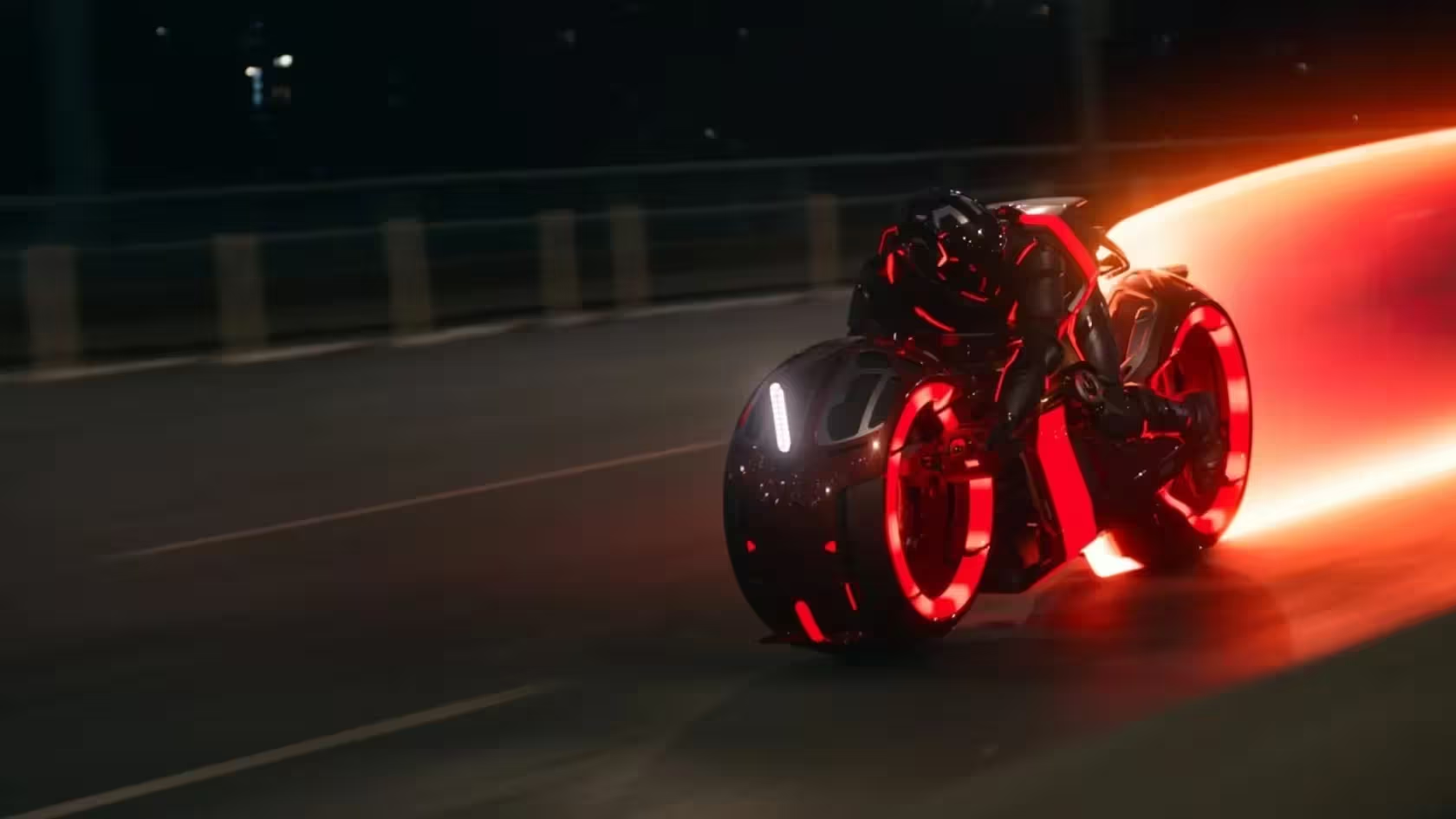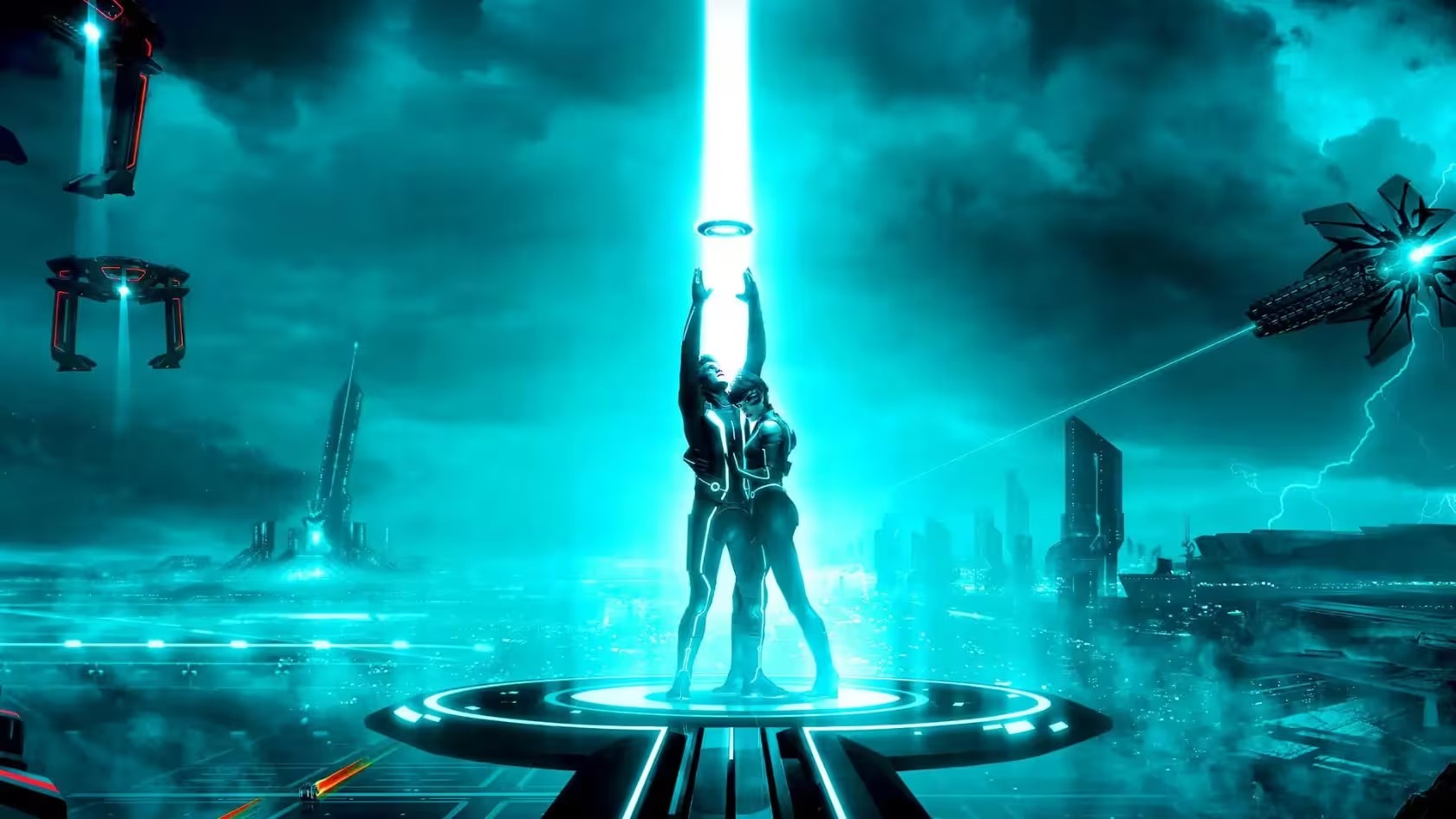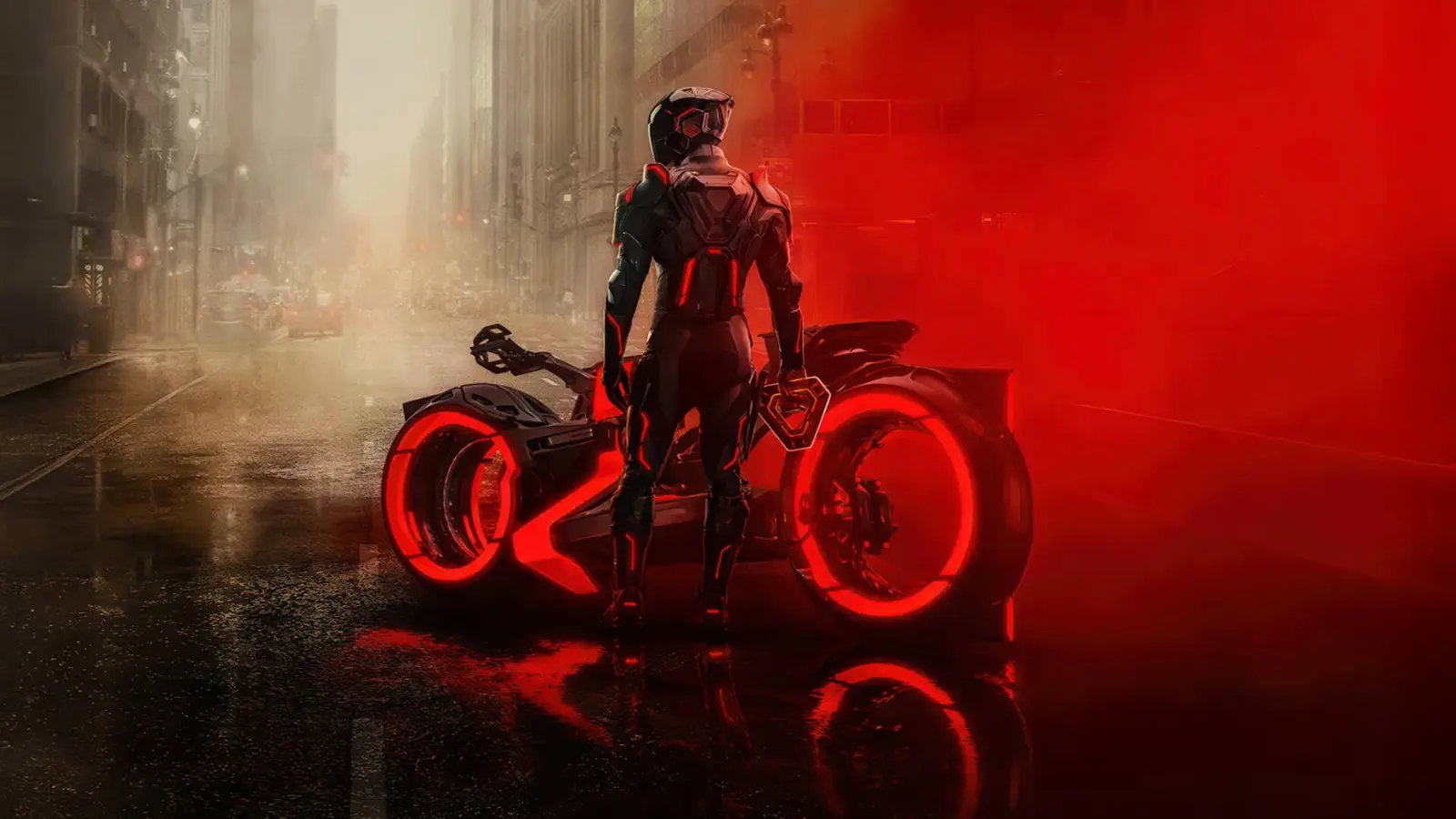5 Minutes
Tron: Ares and a franchise at a crossroads
Tron: Ares arrived with fanfare and high expectations: a fresh standalone follow-up to the neon-soaked Tron: Legacy (2010), directed by Joachim Rønning and headlined by Jared Leto as the titular Ares. Instead of reigniting enthusiasm for the Tron franchise, the movie opened to disappointing returns — a domestic debut of roughly $33 million, about $10 million shy of Legacy’s opening weekend fifteen years earlier. The result has left Disney, fans, and industry observers asking whether the studio will retire Tron from the theatrical slate.
The film’s premise leaned into topical sci-fi: Ares, an advanced program from the Grid, is sent into the real world to carry out a dangerous mission that triggers first contact between humans and artificial intelligences. Critics and audiences gave Tron: Ares mixed-to-mildly-positive reviews — some praised visuals and scale — but the box office numbers didn’t match the ambitions.
Box office, brand fatigue, and Disney’s calculus
For a company like Disney, franchise viability depends on more than reviews. Opening weekend is a crucial metric that often dictates future sequels. According to industry reporting, the financial underperformance of Tron: Ares likely places theatrical plans for the franchise on hold. A post-credits tease that Rønning reportedly intended as a springboard to Tron 4 is now in limbo.
This moment reflects broader industry trends: tentpole reboots and sci-fi revivals are facing increasing headwinds. Audiences have more choices across streaming and theatrical releases, and nostalgia alone no longer guarantees box office success. Comparisons to other recent misfires — like Sony’s Morbius, which also struggled despite a marquee star — have fueled a narrative that certain IP revivals can’t recapture mass appeal.

Who’s to blame: Jared Leto, the brand, or timing?
On social media, many viewers singled out Jared Leto as a factor in the film’s failure, pointing to his recent box office record and public profile. Industry insiders quoted in trade outlets argued casting and star power matter when studios pitch large-scale sci-fi. Yet other commentators insist the fault lies not with a single actor but with franchise fatigue: Tron’s aesthetic and mythos may no longer resonate with mainstream moviegoers in the same way.
This debate echoes past conversations around reboots: sometimes a different lead can revive interest, other times the concept itself has aged out of cultural relevance. Some fans even suggested that no A-list substitution — Ryan Gosling or Michael Fassbender, for example — would have guaranteed success without stronger marketing, clearer stakes, or a creative reimagining that spoke to today’s audience.
Post-credits limbo and creative consequences
The film’s mid-credits scene that promised further expansion now sits unresolved. Studios often use post-credits sequences to test audience appetite for future installments; when the test fails at the box office, those hooks become dangling threads. Behind the scenes, this outcome may prompt Disney to re-evaluate Tron as a theatrical brand and explore alternative formats like streaming series, animated spinoffs, or collaborations with other creators.

Beyond commerce, Tron: Ares offers several creative takeaways. Visually, the movie expands the Grid’s palette; narratively, it tries to connect classical cyberpunk themes — identity, machine ethics, and the human-machine interface — with blockbuster spectacle. It’s a reminder that strong worldbuilding must pair with cultural timing and promotional clarity to succeed.
"Franchise revivals are a delicate art: timing, tone, and audience mood matter as much as stars," says cinema historian Elena Marten. "Tron: Ares had ambition and visual flair, but it arrived when viewers' appetites for this particular neon-noir had shifted. That doesn't mean the idea is dead — it just needs a new approach."
Fans and creators aren't ready to write off Tron forever: the series itself previously returned after long gaps — Legacy came fifteen years after the original Tron — so cyclical comebacks are part of its DNA. Whether Disney parks, games, or Disney+ eventually keep the Grid alive remains to be seen, but for now the theatrical future of Tron is uncertain.
In short, Tron: Ares' box office stumble is a case study in modern franchise risk: star power and effects can’t fully overcome brand fatigue, marketing missteps, or shifting audience tastes. The Grid may flicker, but history suggests it could still reboot itself from the ashes — if someone finds the right code.


Leave a Comment